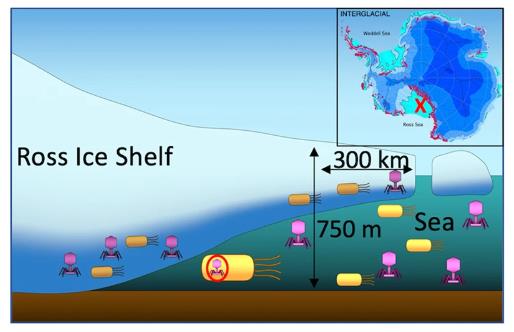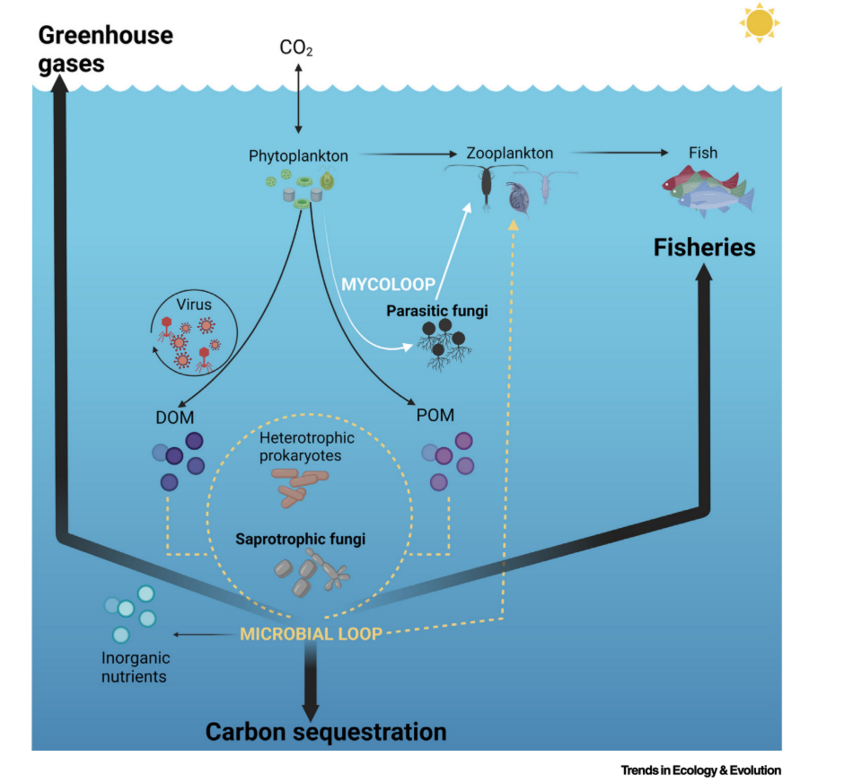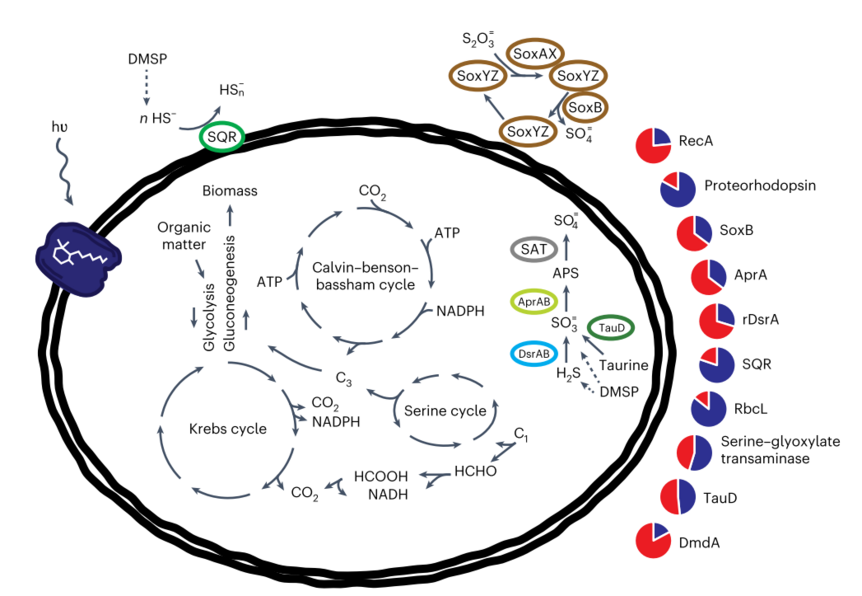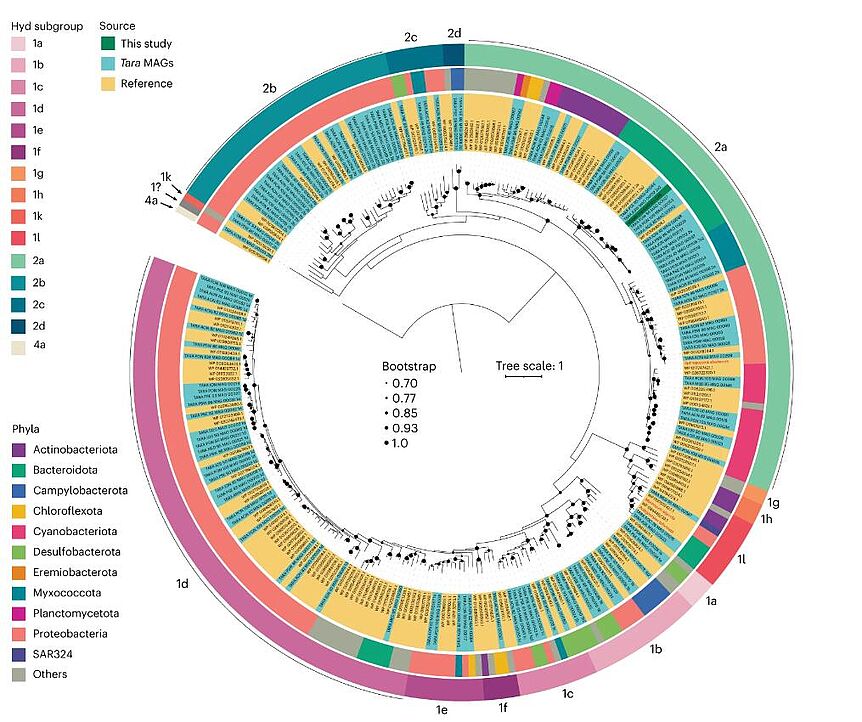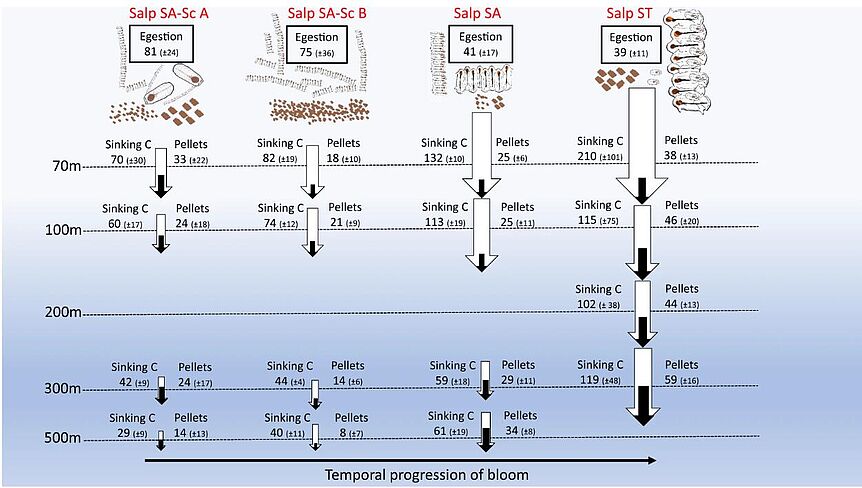Fungal and Biogeochemical Oceanography
Our research in biological oceanography integrates marine microbial ecology and biogeochemistry within the framework of physical oceanography. This research is based on microbes, trying to arrive to a mechanistic understanding of the regulation of marine carbon cycling to better constrain the potential consequences of climate change on the marine biogeochemical cycles and vice versa.
The three main focuses of research include:
1) the role of microbes on marine elemental cycles in surface & deep waters,
2) the influence of mesoscale features on microbial functioning and diversity,
3) the anthropogenic impact on marine microbes and organic matter cycling.
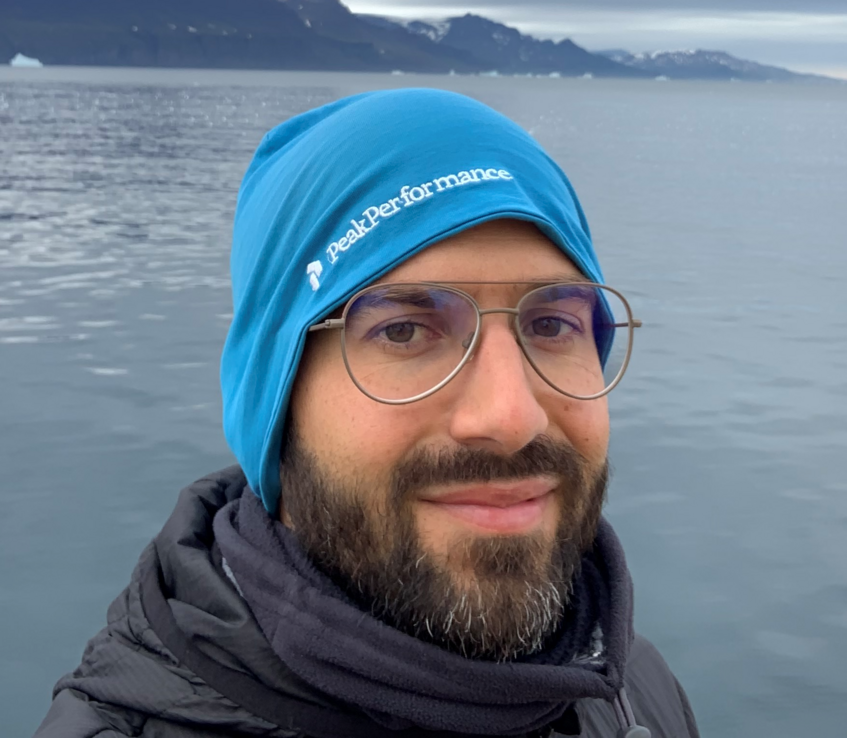
Federico Baltar
Associate Professor
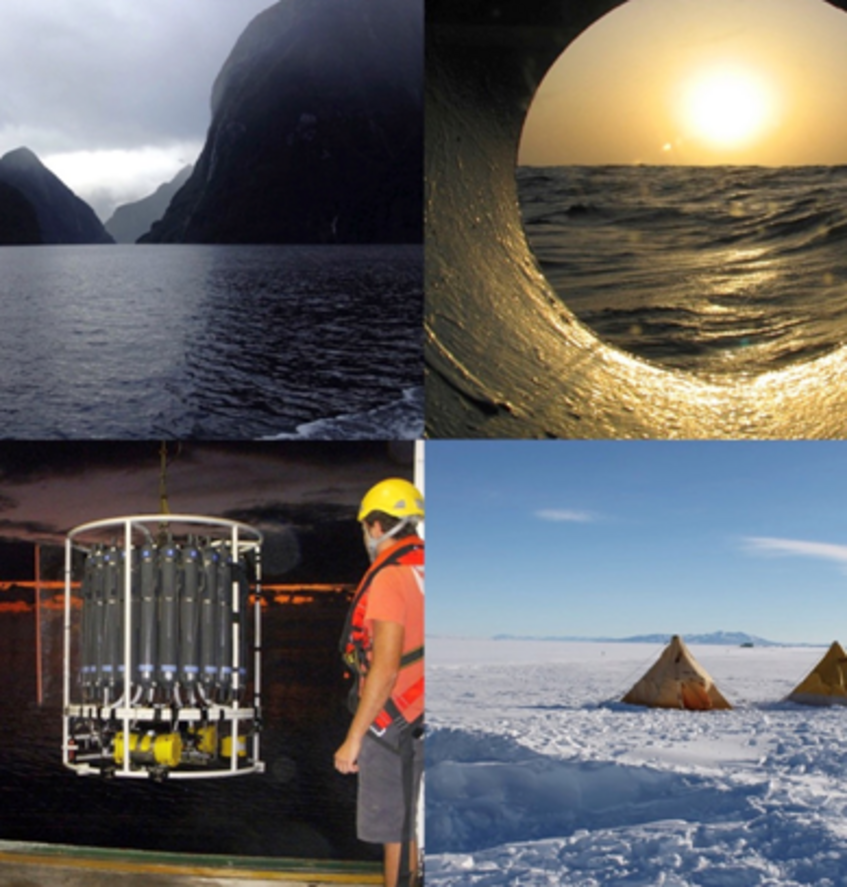
From coastal seas to open oceans, from Fjords to the seawater below the Ross Ice Shelf in Antarctica, all are large seawater environments performing relevant ecosystem services and functions driven by tiny microbial engines. We study the factors that control the functioning of these seawater microbes to get a mechanistic understanding of this microbial engine today, and predict how it might change in the future ocean.













